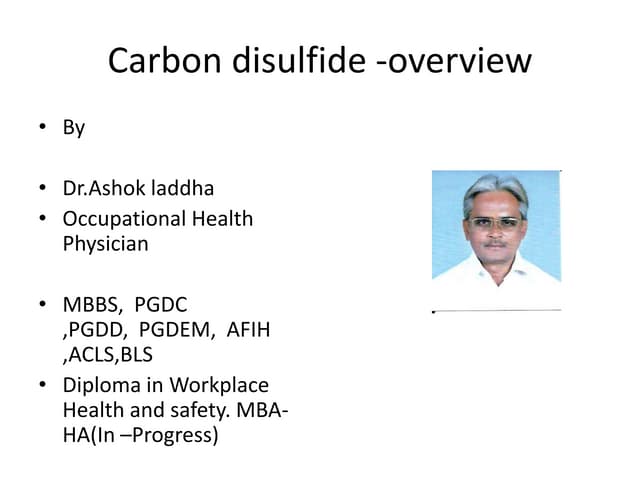Insightful Updates
Stay informed with the latest news and trends.
Toxicity Reports in CS2: Who Knew Gaming Could Get So Dramatic?
Uncover the shocking truth behind toxicity in CS2! Explore the dramatic rise of player reports and their impact on gaming culture today.
Exploring the Impact of Toxicity in CS2: A Deep Dive
Counter-Strike 2 (CS2) has become a platform where player interactions can foster both camaraderie and conflict. One pressing issue that developers and gamers alike must contend with is toxicity. This phenomenon manifests in various forms, such as verbal harassment, griefing, and toxic gameplay attitudes. According to a recent survey, nearly 70% of players have reported experiencing toxicity from opponents or even teammates during matches. Understanding the impact of toxicity is crucial as it can significantly affect team dynamics, player retention, and overall enjoyment of the game.
The repercussions of toxic behavior in CS2 are not limited to individual experiences; they extend to the gaming community as a whole. Toxicity can lead to increased player attrition rates, influencing new players’ willingness to engage with the game. Furthermore, the presence of toxicity has prompted the implementation of various anti-toxicity measures, such as community guidelines and reporting systems. By fostering a healthier gaming environment, both players and developers can work together to minimize the adverse effects of toxicity, ultimately enhancing the gaming experience for everyone.

Counter-Strike is a highly popular first-person shooter game that has captivated players for decades. Players engage in team-based gameplay where they can choose to play as terrorists or counter-terrorists. A significant aspect of competitive play includes events such as the relegation match CS2, which can determine the fate of teams in various leagues.
Top 10 Toxic Behaviors Players Encounter in CS2
In the competitive world of CS2, players often encounter various forms of toxicity that can hinder their gaming experience. One of the most common toxic behaviors is trash talking, where players resort to insulting remarks aimed at opponents or teammates. This behavior not only creates a hostile environment but also distracts players from focusing on the game. Another prevalent issue is team sabotage, where a player intentionally throws the match, either through poor performance or by actively hindering their team's progress. Such actions can frustrate teammates and lead to a detrimental gaming experience.
Additionally, the rise of unnecessary rage can escalate tensions within a game. Players who vent their anger through excessive yelling or negative comments can demoralize their teammates and potentially impact their performance. Mic spam is another irritating behavior, where players continuously talk over the microphone, making it difficult for others to strategize or communicate effectively. Lastly, forming cliques can create divisions within teams, leading to favoritism and exclusion of players who may not be part of the in-group. Recognizing these toxic behaviors is the first step towards fostering a more positive gaming environment in CS2.
How to Report Toxicity in CS2: A Step-by-Step Guide
If you've encountered toxicity while playing CS2, it's crucial to report it to help maintain a healthy gaming environment. Follow these simple steps to report toxic behavior effectively. First, ensure that you note down the in-game username of the player exhibiting toxic behavior. This includes players who use offensive language, display unsportsmanlike conduct, or engage in other disruptive actions. After identifying the offending player, you'll need to access the game's reporting feature.
To report a player, open the game menu and navigate to the 'Social' tab. From there, you can find the 'Recent Players' list. Locate the player you want to report and click on their username. Select the option to report and choose the appropriate reason for the report, such as 'Toxic Behavior' or 'Cheating.' Submitting your report helps the game's developers take necessary actions against violators, fostering a more enjoyable gaming experience for everyone.